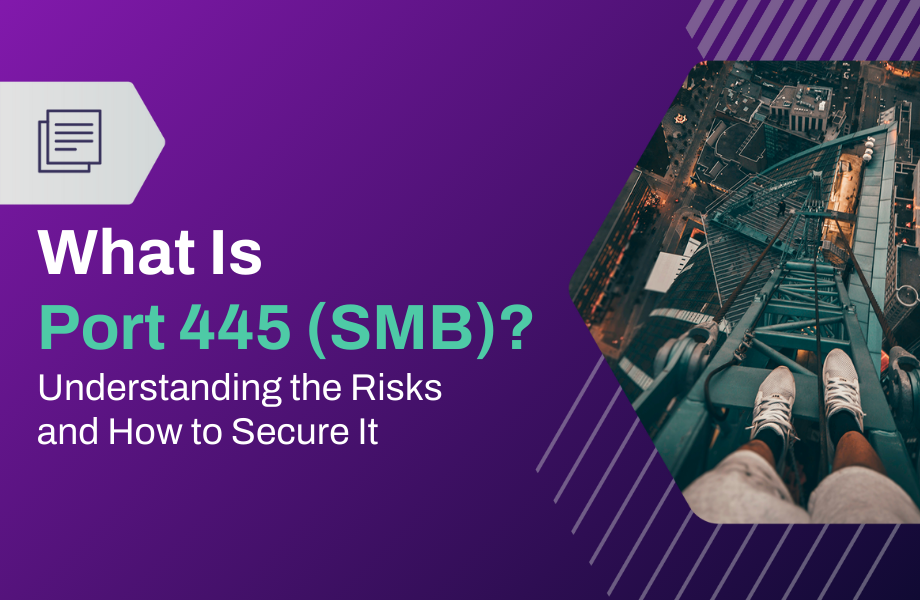
SecurityScorecard Blog
Read the latest blog posts published weekly.
-
 Blog, Learning Center
Blog, Learning CenterWhat is a Third-Party Vendor? Tips for Managing Vendor Risk
May 13, 2025Third-party vendors play a critical role in cybersecurity exposure. Learn how to define, classify, and manage third-party relationships effectively.
More DetailsAttack Surface Management, Tech Center -
 Blog, Learning Center
Blog, Learning CenterWhat is the CIA Triad? Definition, Importance, & Examples
May 12, 2025What is the CIA Triad? Definition, Importance, & Examples to guide an organization’s security procedures and policies. Learn more below!
More DetailsTech Center -
 Blog, Learning Center
Blog, Learning CenterWhat Is a Cybersecurity Audit and Why Does it Matter?
May 12, 2025A cybersecurity audit is essential to protecting your organization. Learn key steps, tools, and considerations to perform an effective audit in 2025.
More DetailsTech Center -
 Blog
BlogWhat Is a Supply Chain Attack?
May 8, 2025Learn how a supply chain attack works, why it's so dangerous, and what security measures can help protect your organization from hidden threats.
More DetailsSCDR, Supply Chain Cyber Risk -
 Blog
BlogSafeguarding Against Subdomain Takeover
May 8, 2025Learn what subdomain takeover is and how to prevent it with best practices and continuous monitoring.
More Details -
 Blog
BlogGuide to Developing a Business Continuity Plan
May 8, 2025Explore business continuity in cybersecurity. Learn how a continuity plan helps assess threats, reduce risk, and protect operations from attacks.
More Details -
 Blog, Learning Center
Blog, Learning CenterWhat Is Port 445 (SMB)? Strategies for Secure Network Communication
May 6, 2025Port 445 enables SMB traffic but is a prime target for ransomware and wormable exploits. Learn what it is, why it’s risky, and how to secure it.
More DetailsTech Center -
 Blog
BlogAssembling the Dream Team: Building a High-Performing Supply Chain Incident Response Team
May 6, 2025This article explores the key elements of building a high-performing supply chain incident response team to effectively mitigate and respond to these threats.
More DetailsSCDR -
 Blog
BlogScorecarder Spotlight: Chandra Sekhar Betha
May 5, 2025Our “Scorecarder Learning & Development Spotlight” series showcases our talented, driven employees, the incredible work they do, and their quest to continue their development as lifelong learners.
More DetailsScorecarder Spotlight -
 Blog
BlogCISOs: The Perfect SCORE With Your Board
April 11, 2025Boards don’t operate in threat models and tech stacks. They operate in risk, revenue, and accountability. And if you want their support, you need to meet them there. SecurityScorecard created the SCORE framework to help CISOs turn cybersecurity into a board-level conversation that gets results.
More DetailsExecutive Viewpoint -
 Blog
BlogScorecarder Spotlight: Noor Al-Baker
April 9, 2025Our series “Scorecarder Spotlight” showcases our talented employees and the incredible work they do. Meet Noor Al-Baker!
More DetailsScorecarder Spotlight -
 Blog
BlogAutomating Vendor Risk Management and Assessments
March 18, 2025Automated vendor risk assessments provide visibility into third-party vendors’ cybersecurity and enhance the third-party risk management process. Learn more.
More Details






